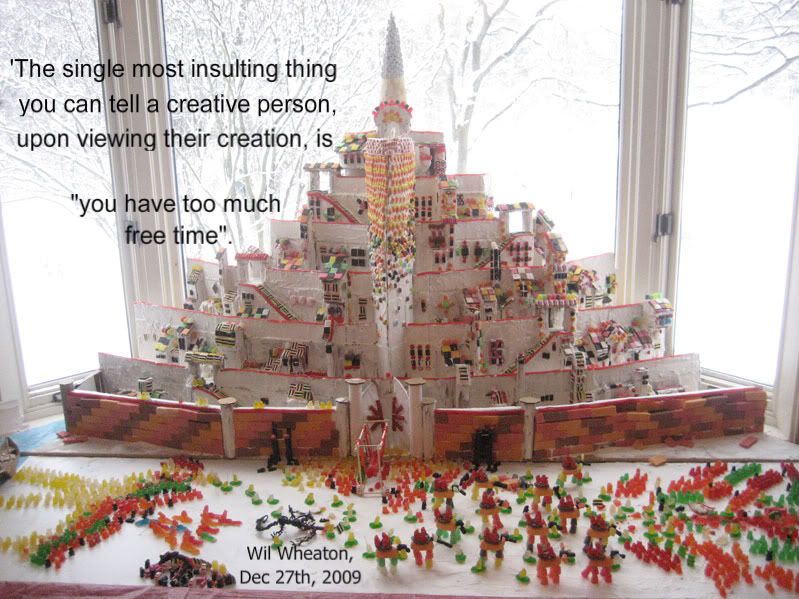Everyone knows where they were ten years ago yesterday. Everyone has their own story of that day. I remember coming home from school and turning the TV on to watch the usual mixture of rubbish CBBC cartoons and Blue Peter. What I ended up watching for the next hour or so was the news. There was nothing else on, and, even if there had been, neither me nor my brother would have changed the channel.
I was only nine at the time. I had no idea what the World Trade Centre was. I had no idea of the political and social magnitude of the events unfolding on my TV screen. I did understand the enormous human tragedy that was happening. And I think I was vaguely aware, even then, that the world was going to be a very different place from now on.
It would be fair to say that I did most of my ‘growing-up’ in the post-9/11 era. Prior to 9/11 I knew basically nothing about the world outside my own little bubble, as is to be expected for a nine year old, but since then I have become more and more aware of the world in which I live. 9/11 is something of a reference point for that awareness. I’m not aware of much that happened before 9/11, but I have a pretty good idea of what has happened since.
This is not merely a coincidence of my age. Everyone who is anywhere near my age, from about mid twenties down to 17 or 18, probably has roughly the same experience – 9/11 is the first major international incident they remember. Historians do not always define when a century begins and end by the actual turning of a calendar century. Instead they look at critical turning-point which had world-changing consequences. For example, the 19th century is not really said to begin until 1815, after the fall of Napoleon, likewise the 20th century begins in 1914 with the outbreak of the First World War. I think posterity will define the 21st century as beginning on 11th September 2001.
So, what has changed? 10 years on, how is the world different? For better or for worse? Apart from making a lot more hassle to take a plane journey and radically altering the New York
The 20th Century is often seen as America America
As the first time since Perl Harbour America Vietnam was a far worse military disaster than Afghanistan or Iraq
I wrote, a few months ago, about the impact 9/11 is still having on the American consciousness; the hurt that the American people still feel in the aftermath of 9/11. I won’t go over the same old ground today, but I will discuss the wider political impact of 9/11 and the events after it.
9/11 was understood very much in terms of an attack on America
Unfortunately this is exactly what the USA
The problem is that they did not really declare war on an enemy at all. America
Even so, a war against a rather disparate group of people was never going to be terribly successful, because they don’t tend to present a unified front. Invading Afghanistan and, more bafflingly, Iraq Middle East has done far less than the work of Anti-terrorism laws and officers working to prevent such attacks.
The American response to 9/11 was disastrous. It committed thousands of American troops into wars that are still not won; it, in particular the invasion of Iraq, brought into question the exact motivations behind the wars, given Iraq’s complete lack of connection with Al-Qaeda; it made it clear that America no long has the economic and military power to dictate terms to anyone (if it ever did). America’s methods, the methods that worked at least fairly well in the Cold War, the method of aggressive rhetoric followed up by aggressive action if the need arose, worked when the opponent had very much the same attitude (and almost resulted in nuclear war…), but against an enemy that is largely faceless and disorganised, it failed miserably.
Add to this failure, the collapse of the economic system in recent years and you have a perfect storm. The failure of the economy showed, from the point of view of America
Trying to predict the future is one of those things that usually lead you to looking like an idiot. It’s pretty much inevitable that you will be wrong, so it’s usually a fool’s errant. However, as a fool, I might offer some prediction. I think it is already pretty clear that America British Empire at the turn of the last century, its power is fading and I can only see it fading further. I don’t think anyone is in a position at the moment to offer a suggestion as to who might place America Britain ’s and the 20th was America
